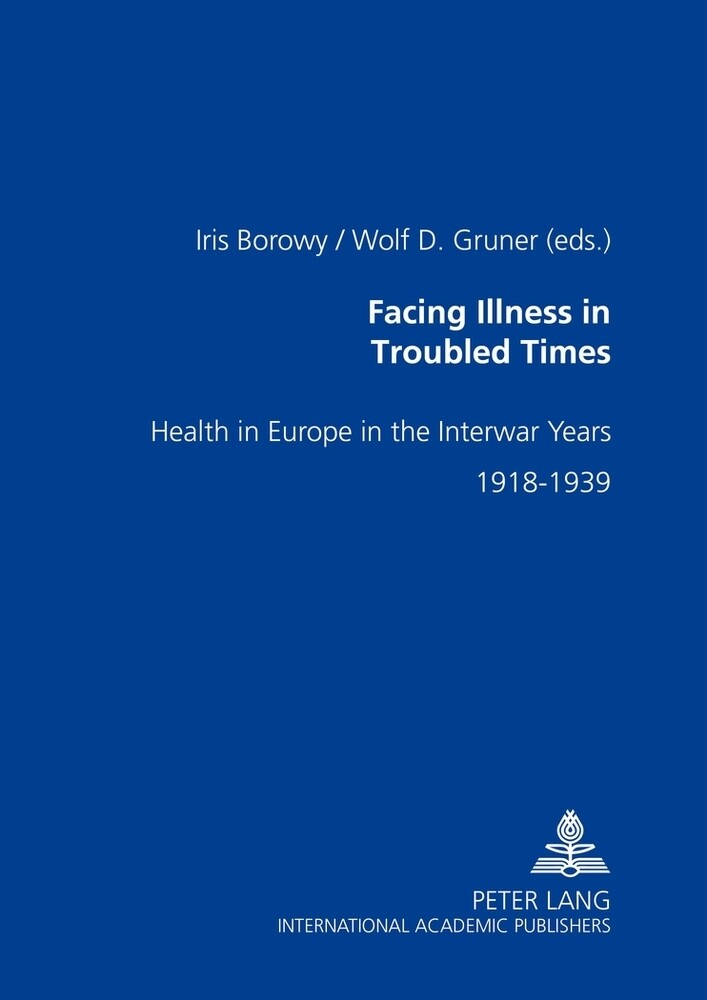Health was a central theme in interwar Europe. The trauma of the First World War, political turmoil and economic crisis placed special demands on public health. Governments engaged to an unprecedented degree in social policy, establishing new sanitary institutions and structures. New scientific doctrines helped spread new ideas. In the process, health gained many functions: It spurred nation-building. It served to integrate and exclude people, define borders and forge identities. Health played a crucial role in the evolving political and social order of interwar Europe. But how healthy were the people really? How did their health respond to policies, and how did policies respond to their health? In this study fourteen scholars address key aspects of the issue.
Inhaltsverzeichnis
Contents
: Iris Borowy/Wolf D. Gruner: Introduction - W. Robert Lee: Cause-of-Death Classification in Interwar Europe and the Quality of Morality Data - Jörg Vögele/Thorsten Halling/Julia Schäfer: The Epidemiological Transition: Concept, Empirical Results, and Consequences for the Construction of 'Human Capital' in Germany - Paul Weindling: Interwar Morbidity Surveys: Communities as Health Experiments - Iris Borowy: World Health in a Book - The International Health Yearbooks - Martin Gorsky/Bernard Harris: The Measurement of Morbidity in Interwar Britain: Evidence from the Hampshire Friendly Society - Hana Mášová/Petr Svobodný: Health and Health Care in Czechoslovakia 1918-1938: From Infectious to Civilisation Diseases - Lion Murard: Health Policy between the International and Local: Jacques Parisot in Nancy and Geneva - Esteban Rodríguez-Ocaña: International Health Goals and Social Reform: The Fight against Malaria in Interwar Spain - Željko Dugac: New Public Health for a New State: Interwar public Health in the Kingdom of Serbs, Croats, and Sovenes (Kingdom of Yugoslavia) and the Rockefeller Foundation - Patrick Zylberman: Mosquitos and the Komitadjis: Malaria and Borders in Macedonia (1919-1938) - Sylvelyn Hähner-Rombach: The Construction of the 'Anti-social TB-Patient' in the Interwar Years in Germany and the Consequences for the Patients - Emilio Quevedo V.: No One Knows for Whom He is Finally Working! The Indirect Role Played by the Rockefeller Foundation in the Shift from Poor Law Medical Relief to the National Health Service in England, through the London School of Hygiene and Tropical Medicine (1913-1948) - Nadav Davidovitch/Shifra Shvarts: Health and Zionist Ideology: Medical Selection of Jewish European Immigrants to Palestine.










